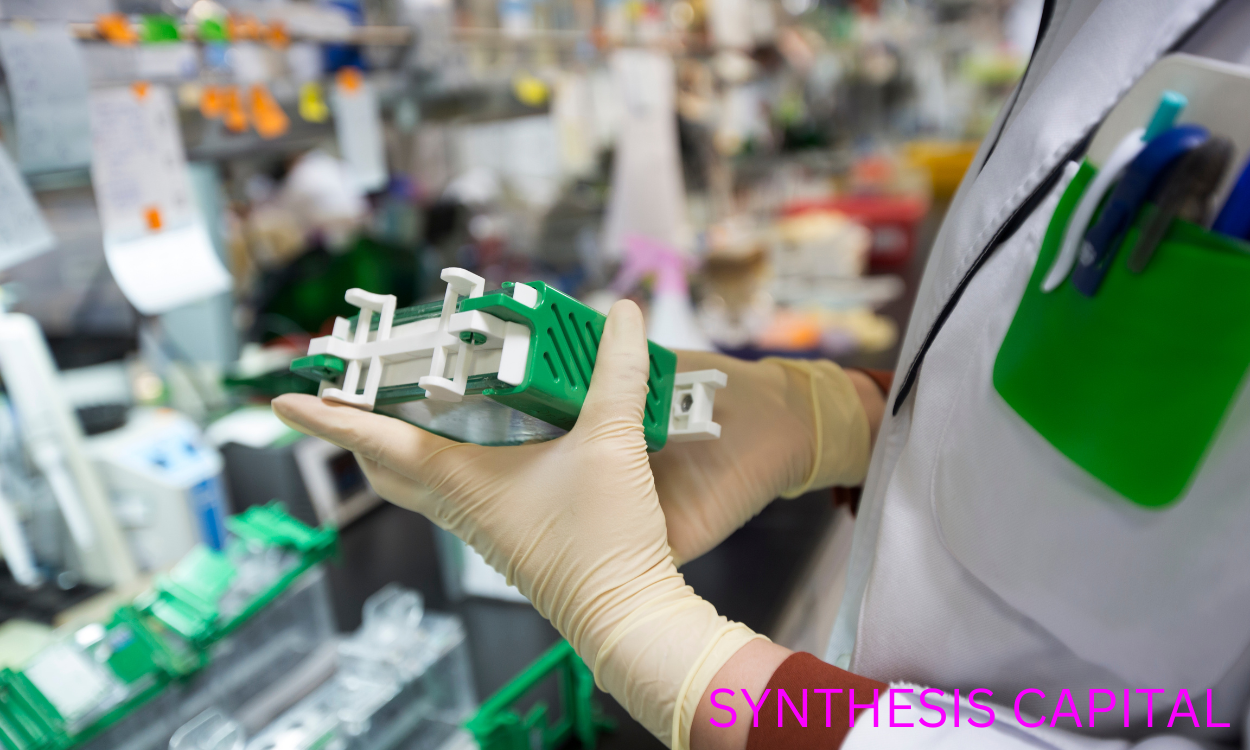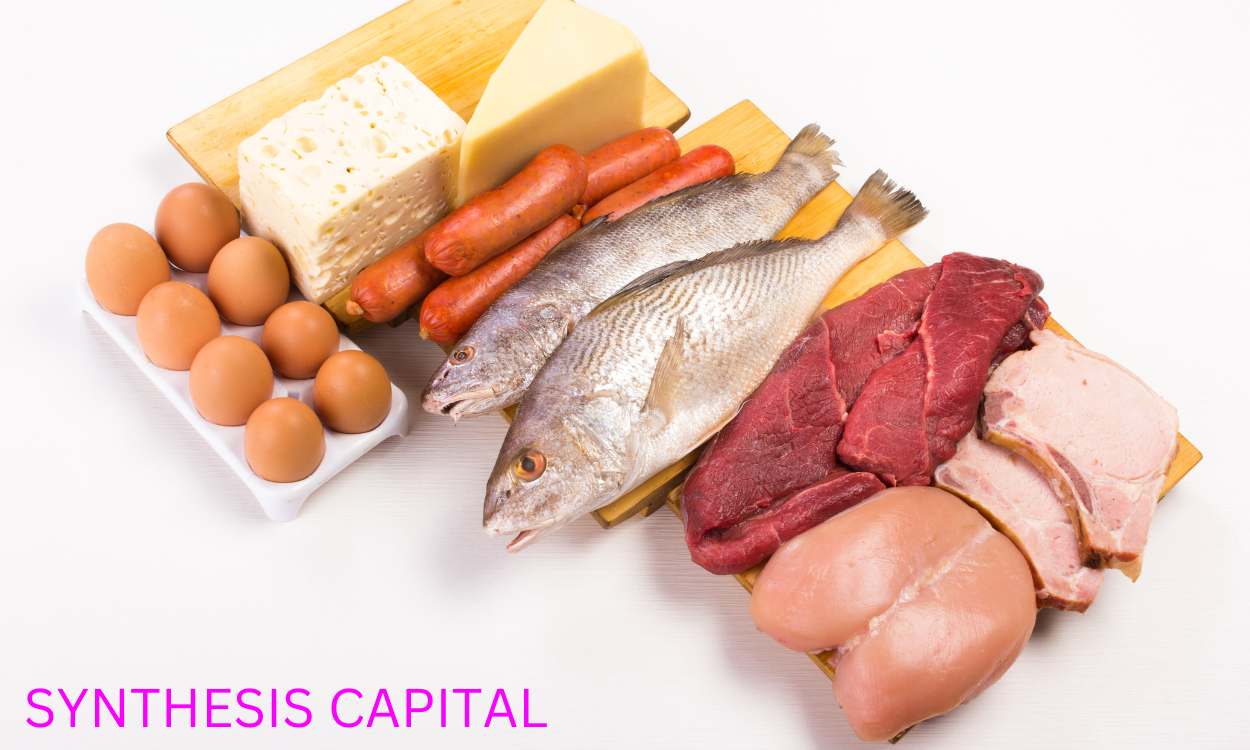Recombinant antibody expression is a crucial technique in the field of biotechnology that allows for the production of specific antibodies in large quantities. By using genetic engineering methods, researchers are able to clone and express antibody genes in various host cells, such as bacteria or mammalian cells, to generate recombinant antibodies with desired characteristics. This process offers numerous advantages over traditional methods of antibody production, including increased efficiency, scalability, and the ability to tailor the properties of the antibodies to meet specific research or therapeutic needs. In this introductory paragraph, we will explore the principles behind recombinant antibody expression and its applications in various fields, from basic research to clinical diagnostics and therapy.
Common Methods for Recombinant Antibody Expression
The most common methods used for recombinant antibody expression include transient transfection of mammalian cells, stable transfection of mammalian cells, bacterial expression systems such as E. coli, yeast expression systems, and baculovirus-insect cell expression systems. Each method has its own advantages and disadvantages in terms of yield, scalability, post-translational modifications, and protein folding. Researchers typically choose the expression system based on their specific needs and requirements for the recombinant antibody production.

How does the choice of host organism affect the efficiency of recombinant antibody expression?
The choice of host organism plays a crucial role in determining the efficiency of recombinant antibody expression. Different host organisms, such as bacteria, yeast, mammalian cells, or plants, have varying capabilities in terms of post-translational modifications, protein folding, secretion pathways, and scalability. For instance, bacterial hosts like E. coli are commonly used for their rapid growth and easy genetic manipulation but may not be suitable for expressing complex antibodies requiring specific glycosylation patterns. In contrast, mammalian cell lines offer more advanced protein processing mechanisms but can be slower and more expensive to culture. Therefore, selecting the most appropriate host organism for recombinant antibody expression is essential to ensure high yields of functional antibodies with the desired properties.
Factors influencing yield and purity of recombinant antibodies during expression
The yield and purity of recombinant antibodies during expression can be influenced by a variety of factors, including the choice of expression system, the design of the expression vector, the growth conditions of the host cells, and the purification method used. The expression system used can impact the level of protein production and post-translational modifications, while the design of the expression vector can affect the stability and efficiency of antibody production. Optimal growth conditions, such as temperature, pH, and nutrient availability, are crucial for maximizing protein yield and maintaining protein stability. Additionally, the choice of purification method can impact the final purity of the recombinant antibodies by removing impurities and contaminants. Overall, careful consideration of these factors is essential for achieving high yield and purity of recombinant antibodies during expression.
Exploring Optimization Strategies for Improving Recombinant Antibody Expression Levels
Optimization strategies can be employed to improve levels by systematically evaluating and adjusting key factors such as promoter strength, codon optimization, signal peptide selection, fusion tags, cell line selection, media composition, and cultivation conditions. Through a combination of molecular biology techniques, bioinformatics analysis, and bioprocess engineering, researchers can fine-tune these parameters to enhance protein production efficiency, stability, and yield. By implementing a systematic approach to optimization, it is possible to significantly increase the expression levels of recombinant antibodies, leading to improved productivity and cost-effectiveness in biopharmaceutical manufacturing.
What are the potential challenges or limitations associated with recombinant antibody expression?
Some potential challenges or limitations associated with recombinant antibody expression include the difficulty in achieving high yields of correctly folded and functional antibodies, as improper folding can lead to reduced binding affinity and specificity. Additionally, the purification process can be complex and costly, especially for large-scale production. There may also be issues with stability and aggregation of the recombinant antibodies, which can impact their efficacy and shelf-life. Furthermore, there is a risk of immunogenicity if the antibodies are not properly engineered to minimize immune responses in patients. Overall, optimizing the expression and production of recombinant antibodies requires careful attention to detail and thorough testing to ensure their effectiveness for therapeutic applications.

How do downstream processing steps impact the quality of recombinant antibodies produced?
Downstream processing steps play a crucial role in determining the quality of recombinant antibodies produced by affecting their purity, yield, and functionality. Processes such as filtration, chromatography, and purification are utilized to remove impurities, aggregates, and host cell proteins that may negatively impact the efficacy and safety of the final product. Moreover, proper buffer exchange, formulation, and storage conditions during downstream processing can help maintain the stability and integrity of the recombinant antibodies, ultimately ensuring their potency and therapeutic potential for various applications in research and medical fields.
Can recombinant antibody expression be scaled up for industrial production?
Recombinant antibody expression can indeed be scaled up for industrial production through various methods such as fermentation in bioreactors, transient gene expression in mammalian cells, or stable cell line development. These processes allow for the production of large quantities of antibodies with consistent quality and purity, making them suitable for use in various industries such as pharmaceuticals, diagnostics, and research. Additionally, advancements in technology and optimization of production protocols continue to improve the efficiency and cost-effectiveness of scaling up recombinant antibody expression for industrial applications.
Exploring Novel Technologies for Recombinant Antibody Expression Enhancement
Yes, novel technologies and approaches are being developed to enhance recombinant antibody expression. Some of these include the use of cell-free protein synthesis systems, such as the PURE system, which allow for high-throughput production of antibodies. Additionally, advancements in cell line engineering, such as the development of CHO cells with improved protein secretion capabilities, are being explored to increase antibody yields. Furthermore, innovative strategies like the use of synthetic biology tools to optimize antibody gene sequences and improve post-translational modifications are also being investigated to enhance recombinant antibody expression.